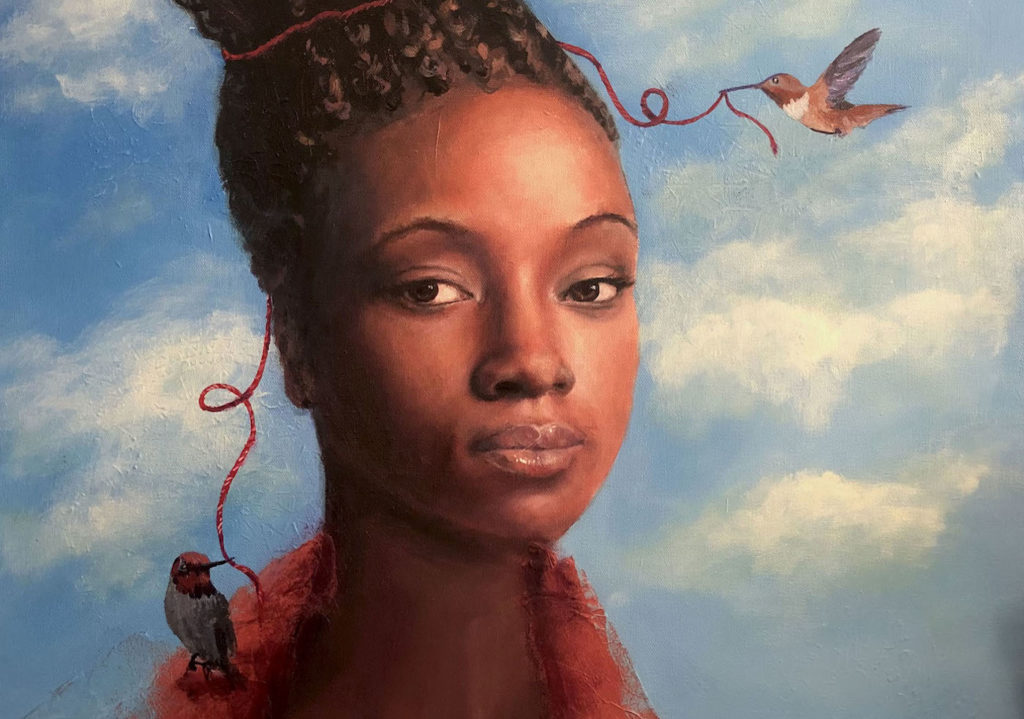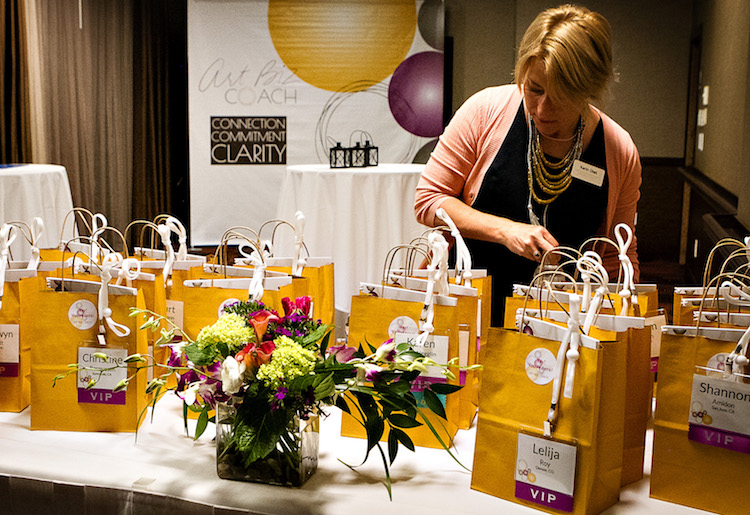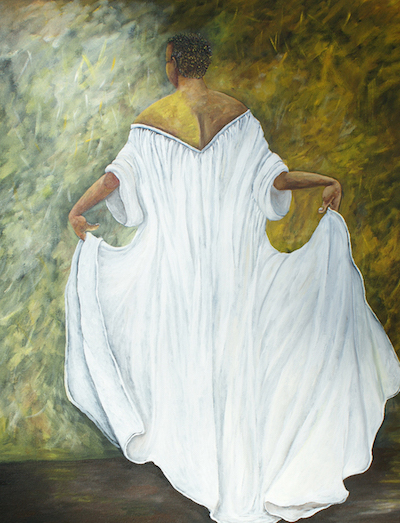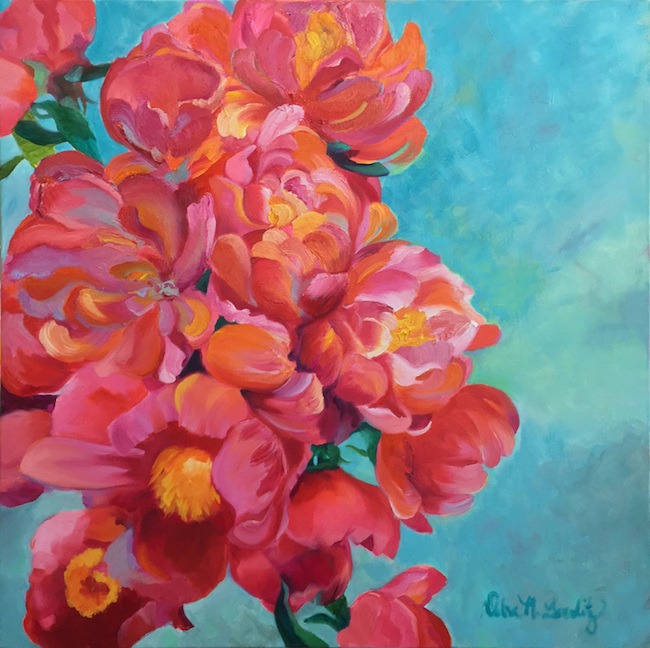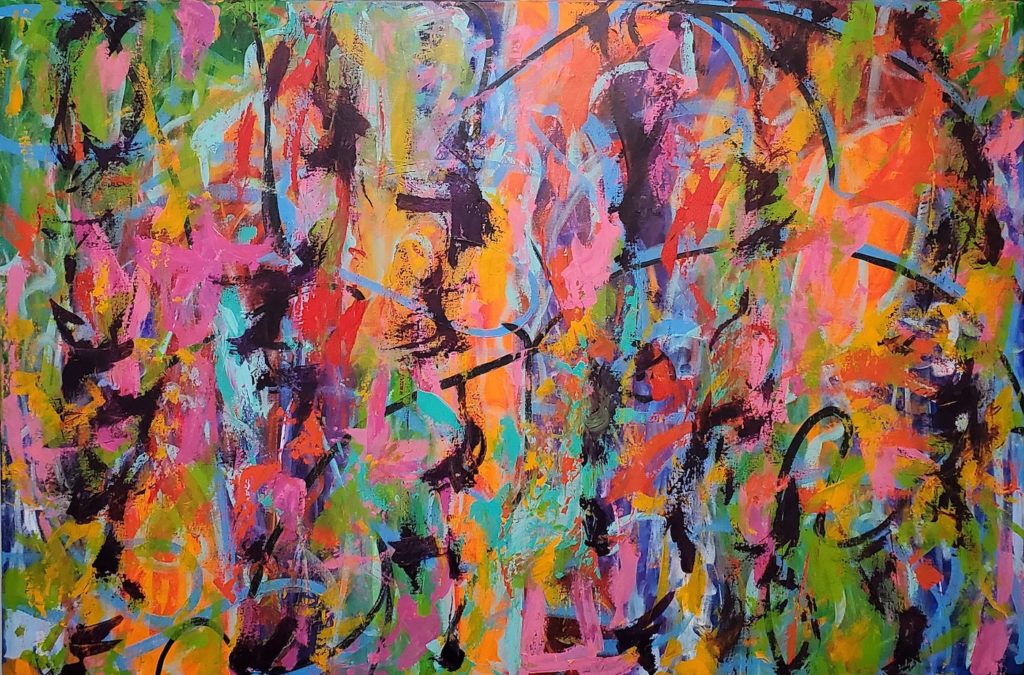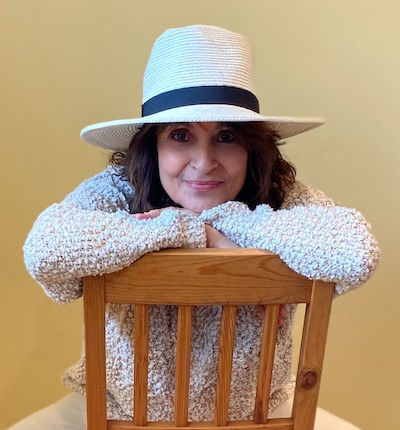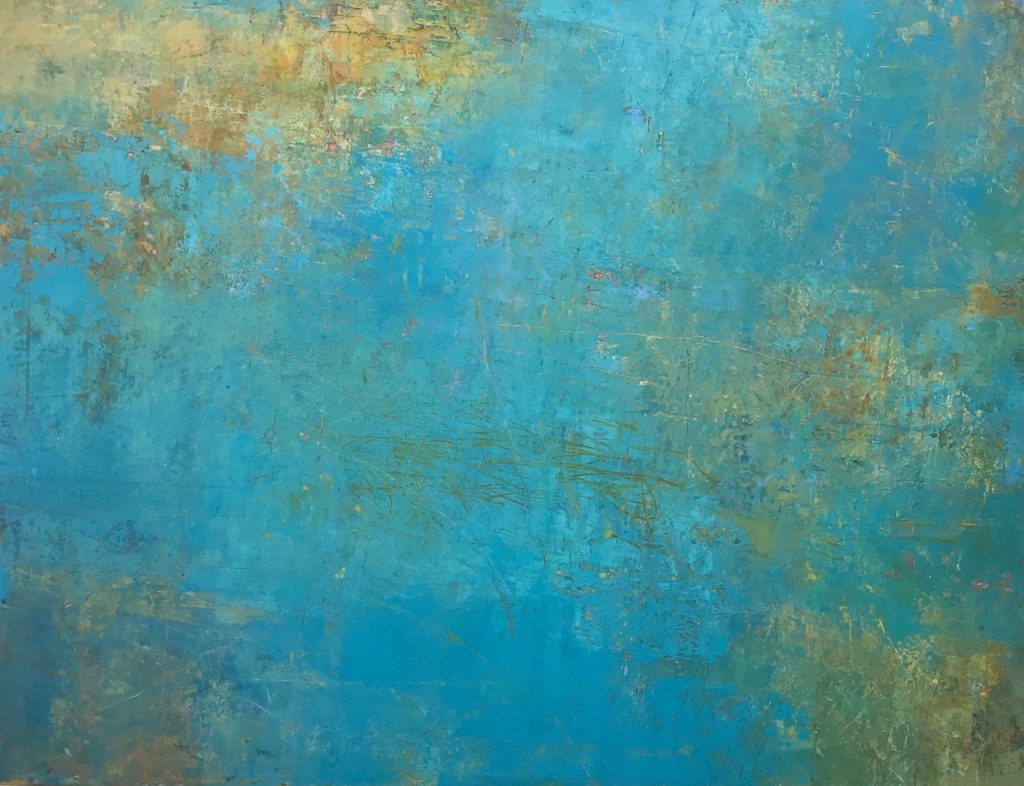The Art Biz ep. 91: Overcoming Imposter Syndrome with Christa Forrest
Imposter syndrome is the hairy beast that shows up when we’re trying to take that next big step in our lives.
We know what we want to achieve. We know we want more for ourselves. And we know we have to embark on a new adventure in order for that to happen.
There is scary stuff ahead. Stuff we don’t know how to do. Stuff that doesn’t come with a guarantee of success. This fear is real, and it’s trying to keep us safe.
Danger ahead! Watch out!
In her book Big Magic, Elizabeth Gilbert writes:
Your fear will always be triggered by your creativity, because creativity asks you to enter into realms of uncertain outcome, and fear hates uncertain outcome.
When we allow that fear to be in charge, we give away our power, our hopes, and our dreams. We hear voices whispering …
Who do you think you are?
Most artists have battled these voices, which is why I was happy to discuss imposter syndrome on the Art Biz Podcast with corporate-world-turned-full-time-artist Christa Forrest.
Christa is a big advocate for fake it til you make it, but that doesn’t mean that she doesn’t have doubts and insecurities. In this episode, you’ll hear how Christa developed thick skin by showing her work at art festivals, why she is laser focused on building her email list, and how she overcomes feelings of inadequacy in her art practice.
The Art Biz ep. 91: Overcoming Imposter Syndrome with Christa Forrest Read

